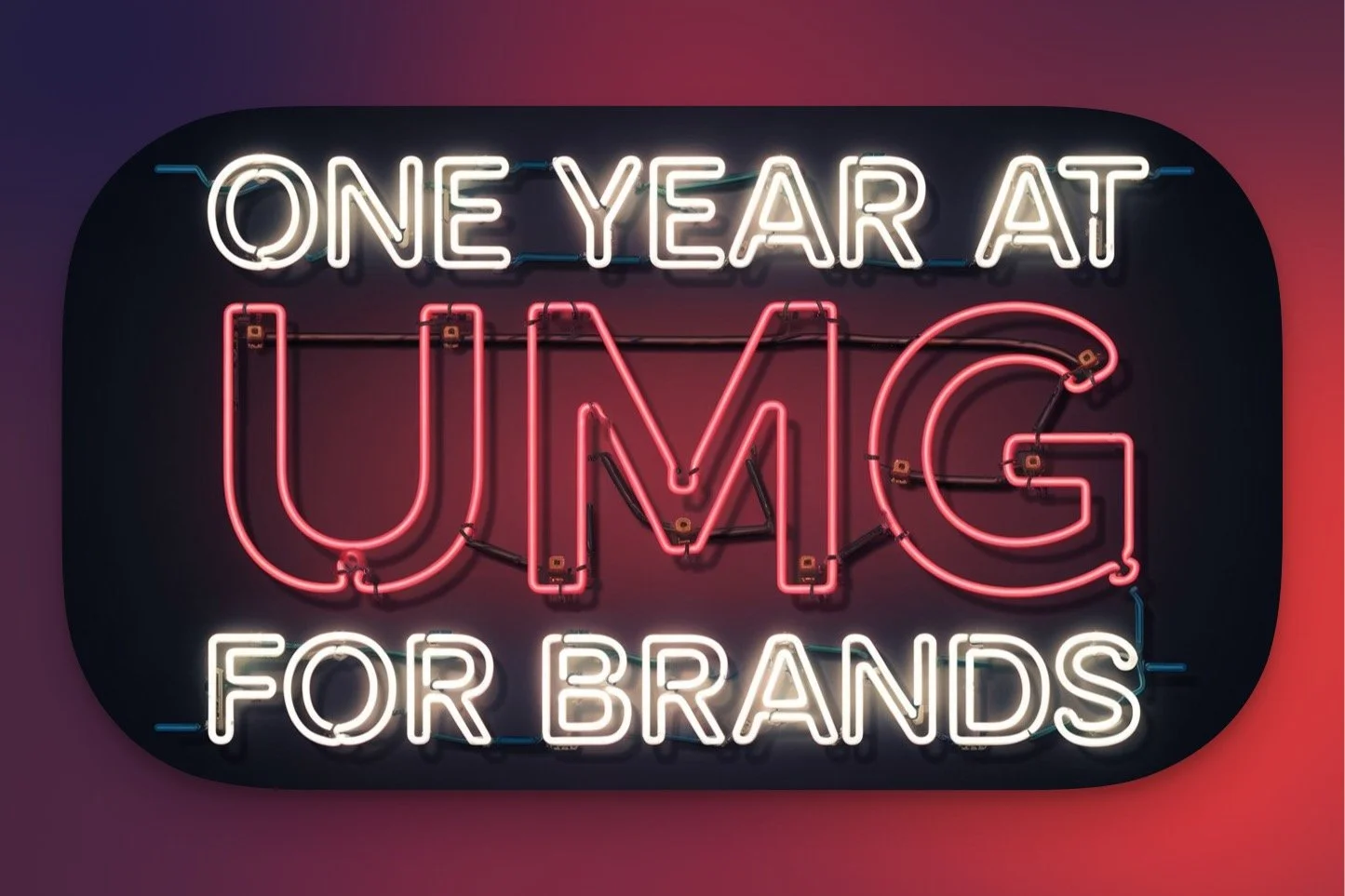One Year at UMG for Brands: Lessons in Leadership
After a year leading projects in UMG's brand partnerships division, UMG for Brands, I've gathered some insights worth sharing. As the program lead for Coke Studio – one of the world's largest music/brand partnerships – I've witnessed the power of combining superstar talent with Coca-Cola's global brand presence to create unforgettable moments for fans worldwide. We've helped create the #1 music video in the world, planned live events from Tokyo to Lisbon to Atlanta, and generated billions of views on Coke Studio content.
I've also been part of bringing several of UMG's first AI-powered ad campaigns to life for our clients, shaping AI policy and practice at a crucial time for this industry.
Here's what I've learned so far:
No Unified Theory: There's no one-size-fits-all approach to program management. Be prepared for revolving collaborators, shifting objectives, and changes in your available resources.
Cat Herding: Coordinating teams across global time zones, companies, and cultures is an art form. This skill never loses value, especially in complex, multi-faceted projects.
Focus: Aligning a global team on a single vision is tough. It demands clear, persistent communication and problem-solving. When focus inevitably wavers, your job is to get that train back on track.
Managing Up... and Out: "Managing up" isn't just about your boss anymore. It's about being a responsive node in a complex system, equipping your boss with key info while also supporting leaders across client and collaborator businesses.
Breaking Silos: In large-scale projects, lone wolves don't survive. Success depends on cross-functional teamwork and open communication.
Trust but Verify: Trust your team implicitly – it saves time and energy. But don't forget to verify. It's not micromanagement; it's good housekeeping.
Selective Deep Dives: While micromanagement is generally a no-go, sometimes you need to dig into the details with a team member. Know when to zoom in and when to step back.
State the Obvious: What's clear to you may be news to others. Don't shy away from stating the seemingly obvious or asking "dumb" questions. It ensures everyone's on the same page.
Work Friends: Complex projects always push teams to their limits. These challenges become more manageable when your colleagues are also your friends. Never underestimate the power of camaraderie.
Network, Network, Network: Don't hesitate to reach out to colleagues whose work you admire. A simple kudos for a recent project can lead to valuable industry connections.
Artist Whispering: Working with artists requires flexibility. Each one is unique, and your carefully crafted project plan will likely change. Embrace the creative chaos.
Embracing Inefficiency: The music industry's inefficiencies can be beautiful in their own way. Making an impact means keeping a loose hand on the reins while maintaining a clear vision of the horizon.
Outside-In Innovation: Surprisingly, innovation in the music industry often comes from external sources. Even in this creative field, intrapreneurship can be underdeveloped. Keep that entrepreneurial spirit alive in your work.
This year has been a crash course in navigating the beautiful chaos of the music industry.
It's a wild ride where adaptability is key, communication is king, and relationships are your lifeline.
As I continue this journey at UMG, I'm excited to keep learning, innovating, and maybe herding a few more cats along the way.
Here's to another year of embracing the unexpected and creating some more magic in the process. :)
